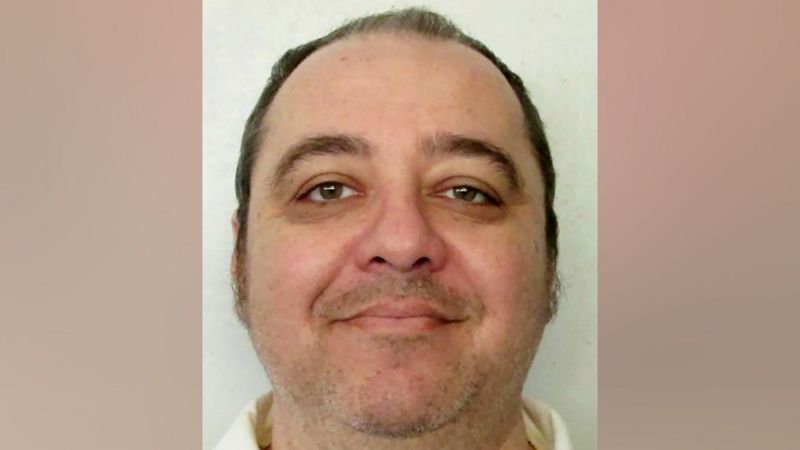If the suspended Chief Justice Gertrude Torkornoo has done wrong, the law must work, the CEO of the Ghana Shippers Authority, Professor Ransford Gyampo, has said.
Prof Gyampo also says that if it is established that she has done anything untoward, the same law applies.
Speaking on the Key Points on TV3 Saturday, May 31, he stated emphatically that Madam Gertrude Torkornoo is not above the law.
“If she is wrong, the law must act; if she is not, the law must act. Araba is not above the laws of Ghana,” Prof Gyampo said on the Key Points on TV3 Saturday, May 31.
For his part, a Political Scientist at the University of Ghana, Dr Joshua Zebuntie Zaato expressed shock that the Association of Magistrates and Judges of Ghana is quiet on the struggles of the embattled Chief Justice Gertrude Araba Esaaba Sackey Torkornoo. He wondered whether their silence means they support her removal.
In his view, history will remember that a Chief Justice fought an “unfair” process to get her removed, but her own Association kept quiet.
“Why is the union so quiet on this matter, so disinterested when one of their members is going through this matter. This is happening to one of their own, and they are quiet,” Dr Zaato also said on the Key Points on TV3 Saturday, May 31.
He further stated that the legal fight against the process to remove her is a virtuous one.
“Her fight is a virtuous fight. She is fighting with honour and integrity, she will g,o but history will remember that she fought to the last end.”
Background
The Supreme Court has unanimously dismissed an injunction application filed by suspended Chief Justice Gertrude Araba Esaaba Sackey Torkornoo, which sought to halt the proceedings of a presidential committee investigating petitions for her removal from office.
Justice Torkornoo filed the application on Wednesday, May 21, 2025, asking the apex court to issue an interlocutory injunction against the six-member committee established by President John Mahama. The application aimed to restrain the committee from carrying out any inquiry related to the petitions until the substantive case is resolved.
According to court documents, the Chief Justice sought an order specifically barring Justices Gabriel Scott Pwamang and Samuel Kwame Adibu-Asiedu—as well as other committee members including Daniel Yao Domelevo, Major Flora Bazuwaaruah Dalugo, and Professor James Sefah Dzisah—from participating in the investigation.
She also requested that Justices Pwamang and Adibu-Asiedu be disqualified from presiding over or contributing to the committee’s deliberations.
However, the Supreme Court, in a unanimous ruling on Wednesday, May 28, dismissed the application. The full written ruling is expected to be made available on June 12, 2025. This decision marks a significant development in the ongoing legal battle surrounding the suspension of Justice Torkornoo and the constitutional questions it raises.
Equality Before The Law Under the 1992 Constitution
The Constitution under article 17(1) provides that “All persons shall be equal before the law.” Article 17(2) further goes to provide that ” A person shall not be discriminated against on grounds of gender, race, colour, ethnic origin, religion, creed or social or economic status. ” In other words, the constitution abhors any form of discrimination based on the above stated grounds. The Supreme Court of Ghana had the opportunity to pronounce on the meaning of artcle 17 in T.T Nartey v Godwin Gati [2010] SCGLR 745 . The Court speaking through the venerable Date-Bah held that:
To our mind, it is clear what article 17 does not mean. It certainly does not mean that every person within the Ghanaian jurisdiction has, or must have, exactly the same rights as all other persons in the jurisdiction. Such a position is simply not practicable. Soldiers, policemen, students and judges, for instance, have certain rights that other persons do not have. The fact that they have such rights does not mean that they are in breach of article 17. The crucial issue is whether the differentiation in their rights is justifiable, by reference to an object that is sought to be served by a particular statute, constitutional provision or some other rule of law. In other words, article 17(1) is not to be construed in isolation, but as part of article 17. This implies that the equality referred to in article 17(1) is in effect freedom from unlawful discrimination. Article 17(2) makes it clear that not all discrimination in unlawful. It proscribes discrimination based on certain grounds. The implication is that discrimination based on other grounds may not be unlawful, depending on whether this Court distils from article 17(1) other grounds of illegitimate discrimination which are not expressly specified in article 17(2).
The court continued by saying that- In simple terms, equals must be treated equally, while the treatment of unequals must be different. The law must be able to differentiate between unequals and accord them the differentiated treatment which will result in enabling them, as far as practicable, to attain the objective of equality of outcomes or of fairness. In effect, equality of opportunity will often entail the law treating people differently in order to give them a fighting chance of attaining equality of outcomes or of fairness. If the differentiated legal rights arising from such an approach to the law were to be struck down as not conforming with the constitutional prescription that all persons are equal before the law, it would be thoroughly counterproductive.
Accordinngly, even under the constitution, there is what is called lawful discrimination where people will be treated differently and such treatment will be valid under the law. As it was said somewhere in Judicial Service Staff Association of Ghana v Attorney General, the constitution itself contains many instances where certain constitutional office holders are to be treated differently from others.




